| Zeitschrift Umělec 2003/3 >> BERLÍN – PRAHA | Übersicht aller Ausgaben | ||||||||||||
|
|||||||||||||
BERLÍN – PRAHAZeitschrift Umělec 2003/301.03.2003 Mariana Serranová | neuigkeiten | en cs |
|||||||||||||
|
Project Paradise,
Oct. 2 - Nov. 11, 2003 bunker under Alexanderplatz, Berlin Space for Art, Dec. 3, 2003, Goethe-Institute, Prague Alternative space: bunker The mass attendance of Berlin’s biggest exhibition this autumn could be blamed on the location: curators Nina and Torsten Römer chose a bunker under Alexanderplatz in the center of East Berlin. The foundations of the space were constructed in 1928 for a skyscraper designed by Peter Behrens, but the building was scrapped because of the economic crisis. The premises were later converted into a system of bunkers under the Third Reich and later again in the 1960s. The Römers have initiated a few similar group exhibitions both as curators and exhibiting artists usually on a given theme: Death (2001) was in a different, smaller bunker and a year later Good and Evil was displayed at the Liverpool Biennial. The problem of choice: quality or quantity The sheer number of exhibited projects, all linked to the theme of paradise, overwhelmed visitors. And no wonder. To see the works of two hundred artists you had to negotiate a labyrinth of 25 rooms. Reconstructing the network of rooms (with the financial support of the Berlin Club Berliner Unterweg) and gathering the works of artists from 32 countries was an honorable feat, but the truth is that far from everything in the bunker was interesting. Openness towards nationalities, media and generations all in a secret place that has been closed for a long time for political reasons naturally seems provocative. The question remains whether this openness was the best choice. Here the opinion that the curators of large international exhibitions only go with well-known artists because they are afraid to take a risk with unknown names was disputable. In fact the Czech representation — Michal Pěchouček, Štěpánka Šimlová, Jan Kadlec and a video by Tomáš Svoboda and Zbyněk Baladrán — looked pretty good. At the Goethe In partnership with the Goethe Institute, Display Gallery organized a presentation on December 3 of the Paradise project with the curators in attendance. The show feature a projection of the recorded press conference and the opening of the exhibition in the bunker in Alexanderplatz, followed by an evening of videos by Czech artists Jesper Alvaer, Radek Macke, Jiří Thýn and Patricie Fexová. The Römers introduced their project with the idea of putting on a similar show in Prague. Regardless of what happens the cultural engagement by the Goethe Institute in Prague must be applauded for their efforts to bring in current themes and to cooperate with institutions outside the mainstream. Prague is not Berlin During the Römers’ visit to Prague the idea came up to organize a similar exhibition in this city. Actually launching such an action entails many problems. Is there an analogous space in Prague? The precedent of the underground “occupation” of the space under the memorial of Stalin in Letná park from the beginning of the 1990’s has a deep-rooted, almost cult meaning for the Czech scene. The question is if the right mood for an exhibition like Paradise exists in Prague, and whether a similar action in a thus-far undetermined location would attract as many visitors as it did in Berlin. The uniqueness of the Festival of Light in 1991 under Stalin was due to the historical exclusivity of the location and the post-revolution mood. Unlike Berlin, it takes more than a metro ticket to see a properly produced exhibition with international participation in Prague. The realization of a similar exhibition laid out for alternative spaces in Prague would have its advantages, but with one change only: quality over quantity. Mariane Serrano
01.03.2003
Empfohlene Artikel
|
|||||||||||||
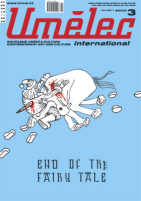
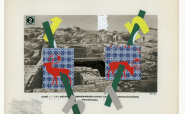
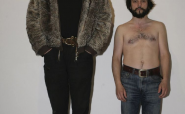
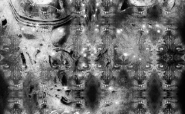
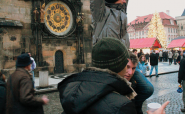
Kommentar
Der Artikel ist bisher nicht kommentiert wordenNeuen Kommentar einfügen